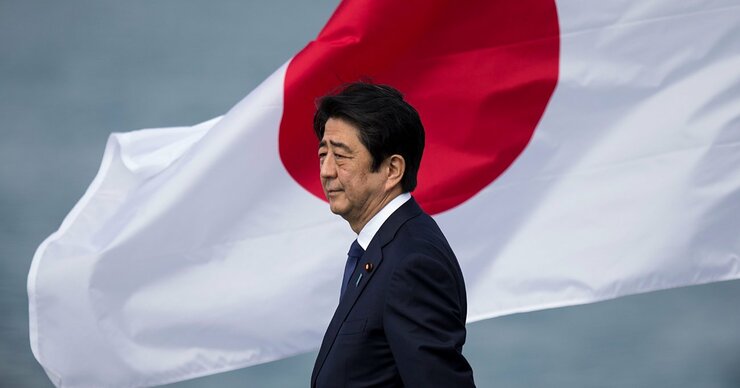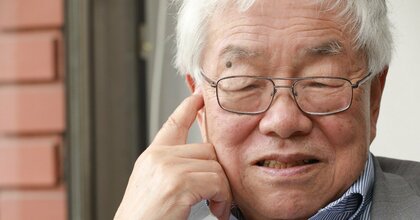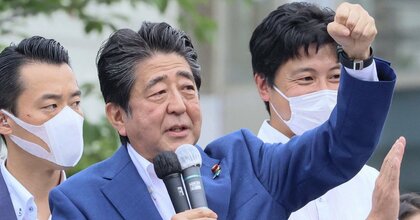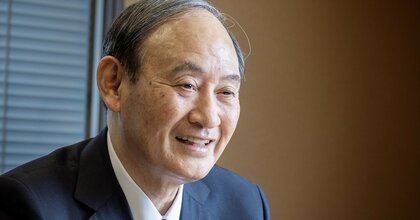Originally published in Japanese on Aug. 11, 2022
Historical troubles
DIAMOND: How would you describe Abe’s impact on international politics?
BURUMA: Abe stuck to the mainstream, post-World War II conservative position, which mainly comes down to one thing: stick as closely to the U.S. as possible. Hence his attempts to flatter U.S. President Donald Trump.
On China and North Korea, he was more hawkish than most of his predecessors. But he was most hawkish in his goal of revising article 9 of the constitution. You might say that this is a domestic political issue, not an international one, but of course it has major international implications. Revising article 9 would please the Americans, but alarm many Asians, including the South Koreans.
Abe was successful in selling his hawkishness as a strong commitment to the West and its democratic allies in Asia. His positive image has been boosted in the international media after his violent death. But the real reasons for his constitutional revisionism are more nationalistic than democratic.
DIAMOND: Abe declared that "Japan is back," but has Japan actually regained its global presence?
BURUMA: Abe himself had a more prominent public profile in the international media than his predecessors, but that does not necessarily mean that Japan is “back.” If being back means playing a more important role in international security, Japan is beginning to do so, very slowly, after the Russian invasion of Ukraine. But that happened when Abe was no longer prime minister. Playing golf with Donald Trump is not a sign of being back, just an effort to preserve the status quo.
DIAMOND: You joined the "Open Letter in Support of Historians in Japan." What did you want to say to the Abe administration through this?
BURUMA: I strongly disagree with politicians and academic nationalists who believe that history should be taught as a patriotic exercise to make people feel proud of their country. Historical inquiry should always be aimed at finding the truth. A critical evaluation of a nation’s history is essential to create a well-informed, well-educated public. A lack of knowledge and understanding of the past creates opportunities for demagoguery and propaganda.
Abe’s worst legacy has been his use of a nationalistic view of history to support his efforts to revise the constitution.
There are sound arguments to be made in favor of revising the Japanese constitution. But downplaying, excusing or even ignoring the Japanese responsibility for atrocities in World War II are bad arguments. Many Asians would be more open to Japan taking a more active military role if Japanese politicians were more prepared to evaluate history in a more honest and critical spirit. Abe clearly failed to do this.
Ian Buruma is an internationally acclaimed journalist and writer focused on Asia. He was born in the Netherlands in 1951. After studying Chinese literature at Leiden University, he studied Japanese film at Nihon University College of Art. He has written many works on Japan’s wartime history, including The Wages of Guilt: Memories of War in Germany and Japan and Inventing Japan: From Empire to Economic Miracle 1853-1964. He was a professor at Bard College from 2003.











